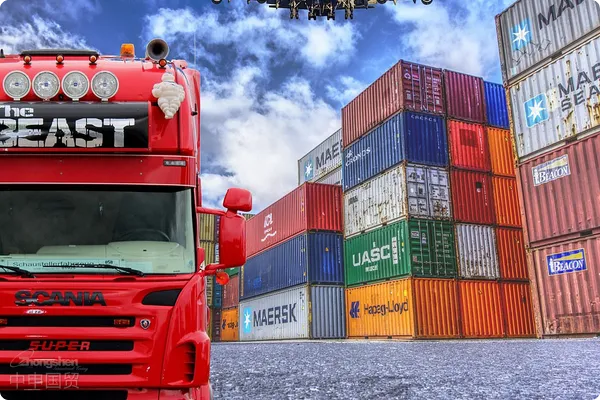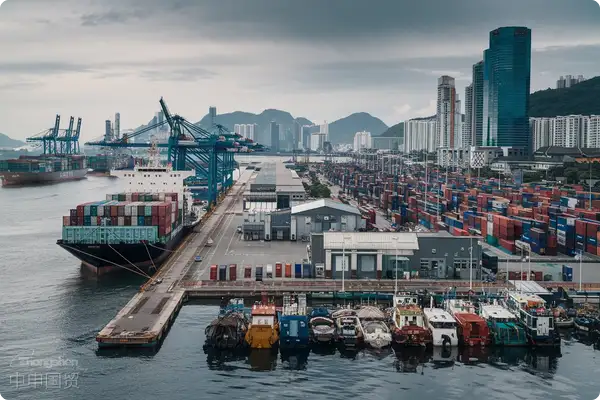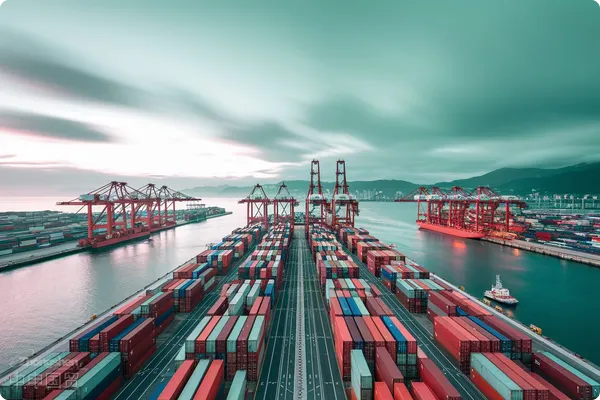- Shanghai Zhongshen International Trade Co., Ltd. - Two decades of trade agency expertise.
- Service Hotline: 139 1787 2118
As a commercial hub in the Middle East, Turkey boasts a vibrant and diverse market. Though a developing country, its coastal regions enjoy relatively high living standards and business activity, offering vast market potential. However, gaps in understanding persist in Sino-Turkish trade. Addressing potential risks requires mastering several core considerations.

Quality Assurance: Ensuring Export Product Quality
In Sino-Turkish trade, a significant portion of issues stem from inconsistent product quality. Turkish merchants are renowned for their shrewd business acumen and bargaining skills, but stable product quality is indispensable for long-term cooperation. Substandard goods not only cause financial losses but may also damage business relationships and mutual trust.
Document Standardization: Achieving Document Consistency and Compliance
The accuracy of documentation plays a crucial role in trade. Any discrepancies may become grounds for rejection or refusal of payment, even ifL/Cpayment is made. Turkish banks require 100% asset collateral when opening letters of credit, so if a Turkish merchant redeems the documents,A complete export agency agreement should be attached with:it is almost guaranteed.
Payment Method Selection: Choosing Secure Payment Solutions
Payment methods are a critical aspect of trade, especially when dealing with Turkish merchants. When selecting payment methods, the following options can be considered:
(1) Letter of Credit: Choose reputable issuing banks, and time letters of credit are also acceptable.
(2) Advance Payment + T/T: Due to high LC opening costs, partial advance payment can be made, with the balance settled via telegraphic transfer.
(3) Advance Payment + Collection: Pay a portion in advance and use bank collection for the remainder to mitigate excessive risks.
Adhering to Turkish Customs Regulations
In Turkish customs regulations, the following points require special attention from exporters:
(1) After goods arrive at the port, they cannot be returned or transshipped before receiving an official Notice of Rejection.,
(2) Goods stored at customs for four months will be treated as ownerless and may be auctioned by customs.
(3) During auctions, the original importer will have the first right to purchase.
Contract and Customs Declaration Authentication Issues
To reduce undervaluation and misdeclaration by importers, the Turkish government requires that sales contracts andExport Clearancedocuments for goods imported from Far East countries be authenticated by the Turkish embassy or consulate in China. This is particularly important in LC terms and must be completed before export.
VI. Regarding the Resale of Goods
When reselling bills of lading, the bill must be endorsed by the first consignee; if the consignee refuses to endorse, the bill must be returned for amendment.
VII. Rejection of Bills of Exchange with Poor Credit Standing
Especially for personal bills of exchange secured by Turkish merchants personal assets, there are significant risks.
VIII. Concerning Customs Port Fees
Turkish customs port fees are relatively high, including government-imposed port storage fees and shipping agency fees, with demurrage costs significantly increasing expenses.
IX. On the Creditworthiness of Turkish Companies
In the Turkish market, small companies dominate, and both registration and closure are relatively easy. Therefore, verifying a partners creditworthiness and financial status is particularly important.
X. Handling of Trade Disputes
Legal proceedings in Turkey are typically time-consuming and costly. Whenever possible, alternative dispute resolution methods such as mediation or commercial negotiation should be prioritized.
Related Recommendations
Learn
Contact Us
Email: service@sh-zhongshen.com
Related Recommendations
Contact via WeChat

? 2025. All Rights Reserved. Shanghai ICP No. 2023007705-2  PSB Record: Shanghai No.31011502009912
PSB Record: Shanghai No.31011502009912








